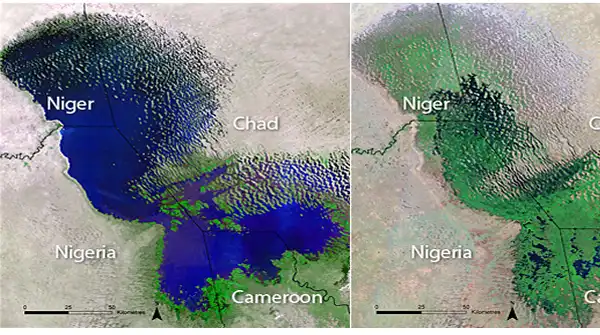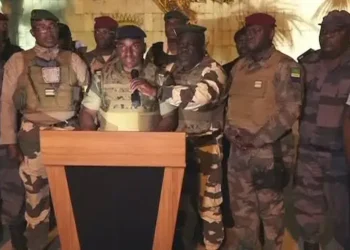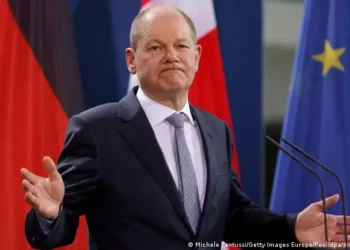During the Fourth Lake Chad Governor’s Forum in N’Djamena, Chad, the World Bank announced that it has granted one billion dollars to enhance resilience and enhance the well-being of individuals in countries affected by the insurgency in Lake Chad. Mr. Rasit Pertesv, the bank’s Country Manager for Chad, shared this information, highlighting the challenges posed by shifting conflict patterns and emerging issues in Chad, Cameroon, Niger, and Nigeria, including displacement, social fabric damage, disrupted public services, and weakened institutions.
The funds disbursed among these crisis-affected countries have contributed to economic revitalization, job creation, and improved lives for those who have suffered due to the crises. The International Development Association provided zero-interest financing, focusing on two major regional development priorities: livelihood recovery to reduce vulnerability in the Lake Chad area and the expansion of cross-border economic activity in agriculture, energy, transport, and regional trade. Pertesv commended the regional stability program aimed at restoring security in Lake Chad and urged increased efforts for sustainable recovery in economically affected areas.
Ambassador Mamman Nuhu, the Executive Secretary of the Lake Chad Basin Commission, emphasized the susceptibility of the Lake Chad region to the rapid spread of extremist ideologies due to prevailing poverty, unemployment, and illiteracy. The majority youth population, traditionally reliant on farming and cattle rearing, experienced disrupted livelihoods, making them vulnerable to Boko Haram’s propaganda.
The Regional Strategy for Stabilisation, Recovery, and Resilience (RS-SRR), developed in 2018, has served as a framework for addressing the complex security, humanitarian, and development issues in the region. It emphasizes the need for comprehensive, coordinated initiatives at various levels to achieve long-term stabilization, recovery, and resilience. The Lake Chad Basin Governors’ Forum plays a significant role in facilitating regional cooperation, responding to humanitarian needs, and promoting peace and development in the region.
Ambassador Adeoye Bankole, Commissioner for Political Affairs, Peace and Security at the African Union Commission, highlighted the importance of the Lake Chad Basin Governors’ Forum as a platform for promoting sustainable peace and security in the region. He encouraged collaboration among member states and international partners to support the forum’s efforts in consolidating peace and creating better opportunities for the people in the Lake Chad Basin.
Njoya Tikum, Director of the UNDP Sub-Regional Hub for West and Central Africa, expressed the UNDP’s commitment to supporting the Lake Chad Basin Commission (LCBC) in building a brighter future for the region, characterized by restored security, rebuilt communities, and increased opportunities. The Regional Stabilisation Facility, established through the Lake Chad Basin Governors’ Forum, has played a crucial role in implementing the RS-SRR and has facilitated the return of nearly half a million internally displaced persons to their communities, significantly improving their quality of life.
The Lake Chad Governors Forum, with the theme “New Opportunities for Peace in a Shifting Security Context,” aims to enhance understanding of emerging security trends in the region and their impact on ongoing efforts to restore state authority. It also seeks to discuss the future of the RS-SRR, currently in its final year of implementation, and explore ways to expand and form partnerships to address the challenges faced by forcibly displaced people, including refugees and internally displaced persons.
Read Here: Threads records 5 Million sign-ups 1 hour after launch










